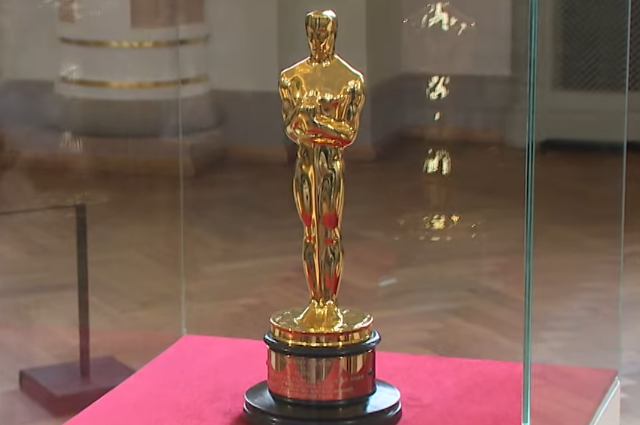
Award shows are always thought of as a celebration of talent. Whether it is in the movie industry, music industry, television industry, or sports, awards are given to honor the hard work and accomplishments of individuals and groups. Over the last few years, however, many people have begun losing faith in these award shows. A lot of people feel that the judgments are no longer just, and the truly deserving ones are left untouched. This article shall dwell on how award shows are losing their credibility and how prejudice is contributing heavily to this.
In the past, winning an award like the Oscars, Grammys, or even national awards in various countries was considered a huge honor. People used to believe that if someone got an award, they truly deserved it. These awards held a lot of respect. But over time, people started noticing patterns that raised serious doubts. Presently, the majority of audiences believe award shows have become commercial events and not authentic commemorations of talent. Rather than acknowledging quality performances, they appear to emphasize popularity, big names, politics, and networking. This change has led many to question the true worth of awards.
One of the most significant reasons why individuals are losing faith in award ceremonies is due to the noticeable partiality. In most cases, well-known stars receive awards when their work is not as great as that of lesser-known nominees. Minor artists, independent workers, or new artists are frequently overlooked despite their work being superior.
This type of favoritism is visible in nearly all major award shows. In the movies, for instance, we have films with large production units and superstars being the spotlight grabbers, while smaller but significant films go unnoticed. In music award events, top songs with massive promotion budgets usually take the cake over more creative and soulful music. It gives the perception that awards are now given without regard for quality, but due to influence and networking.
Social media has facilitated people's ease of expressing themselves. Nowadays, when award ceremonies list their winners, people do not remain silent. People easily criticize the decisions openly, particularly when they see someone being overlooked or someone undeserving of winning. In a few instances, even stars themselves have declined to receive awards or boycotted attending such occasions as they no longer believe in them.
There have been numerous controversial decisions taken by award juries throughout the years. In Bollywood, there have been numerous actors and filmmakers criticizing award committees for giving awards to certain movies with poor performances and storytelling. In Hollywood, the Oscars have been criticized for not being as inclusive and overlooking certain communities or genres.
In the music world, The Weeknd's hit album After Hours and its chart-topping song Blinding Lights did not get even one Grammy nod in 2021, despite being a worldwide hit. The story angered and surprised fans. It was as if a transparent instance of something being fishy was happening somewhere in the background.
Another issue is the increasing role of sponsors, brands, and commercial interests in award shows. These shows are now highly sponsored and marketed events. Organizers often focus more on making the show look glamorous and getting high viewership rather than honestly recognizing talent. Big stars attract more viewers, so naturally they get invited and awarded in order to draw attention. It is unfortunate, though, that most awards these days look like they are being "sold" instead of "earned." Business-mindedness has tainted the prestige and relevance of award ceremonies. Due to how awards are done, most genuine artists get discouraged. They try very hard and do their best, yet they get overlooked because they are not famous or don't have influential connections. This type of situation isn't good for the industry.
Artists may start focusing on becoming famous instead of improving their craft. The pressure to win awards for fame and validation is increasing, and it affects creativity in a negative way. Awards should inspire people, not make them feel left out or unworthy. Not everything is negative. Some organizations are trying to bring transparency to the judging process. Some award shows are allowing public voting, keeping jury panels more diverse, and being more open about their selection process.
However, the changes are still slow and limited. To win back the trust of the audience, a lot more needs to be done. People want to see honesty, fairness, and appreciation for real talent, no matter how popular or unknown the person is. Since the trust in award shows is reducing, many artists and creators now value love and appreciation from fans more than trophies. In fact, fan awards and people's choice-style awards are becoming more popular because they reflect the voice of the actual audience. It shows a shift in thinking. People now believe that if someone’s work is touching hearts, going viral, or starting conversations, that is more valuable than a shiny statue given by a biased panel.
The decline in the credibility of award shows is a matter of concern. These shows were once meant to celebrate talent and encourage creativity, but now they seem more focused on glamour, business, and favoritism. This shift has made audiences and even artists question their value. For award shows to gain back the respect they have lost, they must get fairer, more transparent, and genuine. They must not forget their real agenda, to celebrate the best work, not the most publicized name. Until then, folks will continue to tune out these shows, trusting their own eyes instead of a sparkly trophy night.
